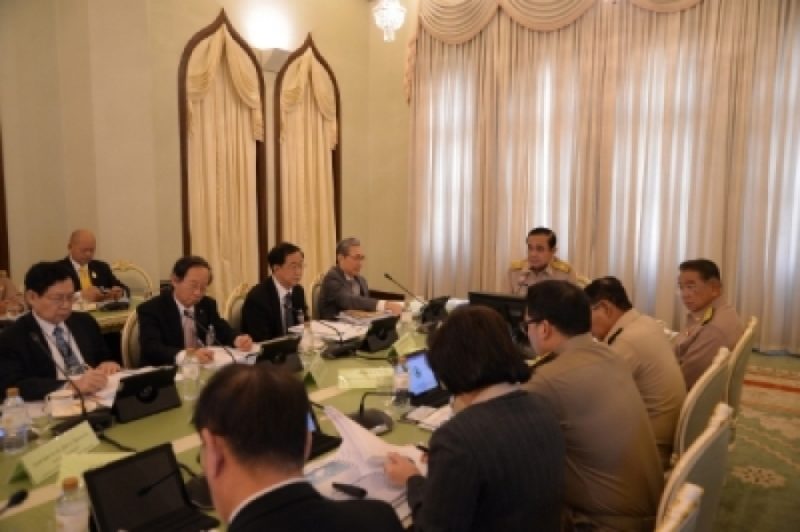
The Thai government has set in motion a 20-year comprehensive plan to transform the country into a progressive digital economy, starting with the recent approval by a working committee of the National Digital Economy Master Plan.
The National Committee for Digital Economy gave its nod in principle February 8 to the digital economy development plan sponsored by the Information and Communications Technology (ICT) Ministry, according to a government report.
The meeting presided by Prime Minister Gen. Prayut Chan-o-cha approved the Digital Thailand scheme which will “encourage the country to constructively make use of digital technology to its full potential in the development of infrastructure, innovations, information, workforces, and other resources.” This, said the government report, is part of the administration’s bid to achieve sustained national economic and social growth.
The master plan is divided into four phases to be undertaken during the 20-year period. These are laying down the digital infrastructure, converting the country into a digital economy with participation of all sectors, implementing reforms toward realizing a Digital Thailand, and using digital technology “for the upgrade of Thailand to a developed economy.”
To accomplish these goals, six focus points have been identified: hard infrastructure, digital economic acceleration, digital society, service infrastructure, digital workforce, and soft infrastructure.
In the first one-and-a-half years of the campaign, the digital foundation will be established in four key areas.
The first will be in the area of infrastructure, in which 10,000 free Wi-Fi spots will be installed all over the country, the nationwide broadband system will be strengthened, and submarine cable capacity will be doubled.
The second key area concerns economic development through digitalization. Here, community enterprises and small and medium enterprises (SMEs) are to be pushed to go digital, with a target of at least 10,000 online shops put up; promoting access by SMEs to the tourism industry through the newly set-up Tourism Thailand Open Platform; helping the launch of 1,500 technology startups every year; and establishing smart cities, initially in Phuket and Chiang Mai.
The third area focuses on the social aspect. This calls for developing electronic health records; establishing 600 community digital centers; enabling at least 1,600 farmers to use digital technology; providing digital skills training to 4,000 underprivileged and elderly residents; introducing open online courses; and launching of English language learning applications one month from now.
The fourth is connected to public service, involving the launch of 79 data centers for public use.
The committee also cleared the ICT Ministry’s Digital Government Development Plan for 2016-2018. The draft plan aims to “set strategies and directions for the development of (a) digital government in a bid to accommodate public and business needs, as well as to upgrade Thailand’s digital government to an international standard.”
The meeting also approved the development of G-Cloud and the Software as a Service (SaaS) platforms, as well as the launch of a telecommunications infrastructure development project which targets providing Internet access to some 30,000 villages, and enhancing the country’s international Internet gateway to at least 4,000Gbps so as to promote Thailand as ASEAN’s “Digital Hub.”
The ICT ministry intends to hold public and private sector meetings to get feedback on the plan before forwarding it for Cabinet consideration next month.





